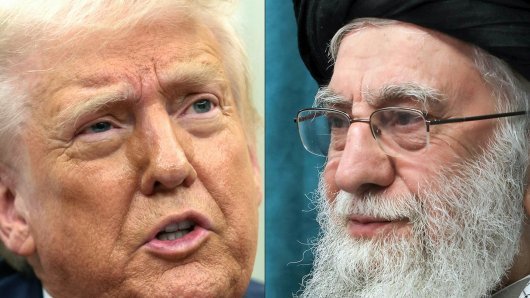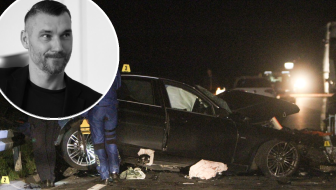The fact that Croatia is not yet a member of the European Union is a historical injustice and there can be no Europe or its energy security without Croatia, Hungarian Prime Minister Viktor Orban said after talks with Croatian Prime Minister Jadranka Kosor in Budapest on Thursday.
It is a historical injustice that Croatia, which is better prepared for EU membership than some EU member states, is outside the bloc, the Hungarian PM said.
A stable European policy cannot be built on injustice and therefore we hope Croatia would join the bloc as soon as possible, said Orban whose country will chair the EU in the first six months of 2011 when the signing of Croatia's EU accession agreement is expected to take place.
Orban told a joint news conference with Kosor that Croatia's value in the EU and Central Europe would be raised by what the country has to offer energy wise, citing the planned construction of an LNG terminal in Omisalj and gas pipelines though Croatia.
Without Croatia there is no energy security in Europe, said Orban, calling the LNG terminal "the foundation stone" in the Croatian-Hungarian relations and a key factor for the energy stability of Central Europe which must not depend only on traditional supply routes.
Croatian Prime Minister Kosor thanked Orban for the words of support, adding that this would give her government an impetus to continue investing efforts in the country's path to the EU.
Kosor stressed Croatia wanted to join the bloc as an economically strong country, stressing that infrastructure connections with Hungary's gas pipeline, road and railways systems have a special role in that.
The two countries have already connected their electric and energy systems by building the Ernestinovo-Pecs transmission line.
Kosor and Orban also talked about the construction of road corridors Vb and Vc and attended the signing of an agreement on the construction and maintenance of oil and gas pipelines passing through the joint border.
The two prime ministers expressed hope that the interconnection gas pipeline would be completed by the year's end and launched in mid-2011. The investment is worth EUR 100 million, half of which came from Hungarian investors while the other half was financed by the European Union. The gas pipeline capacity is expected to amount to 6-6.5 billion cubic metres of natural gas per year.
Kosor and Orban are expected to meet again in October in Zagreb when more economic and energy agreements are expected to be signed.



































